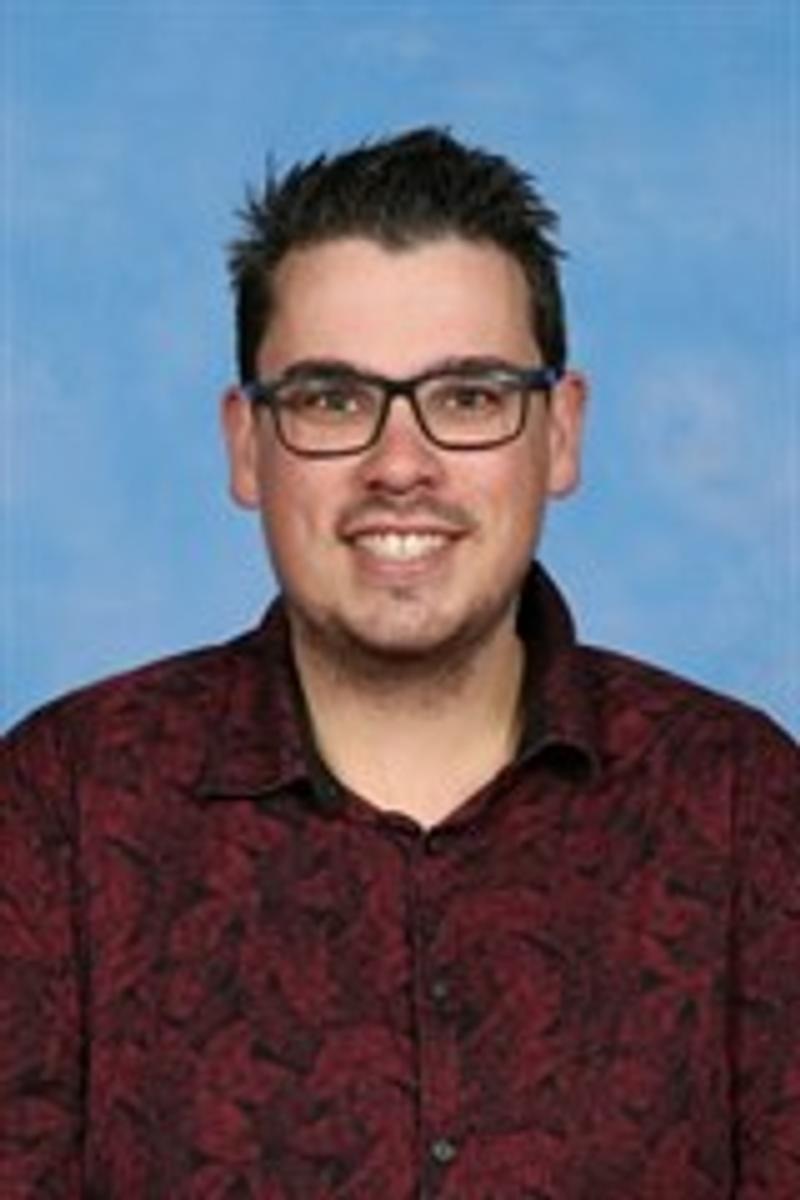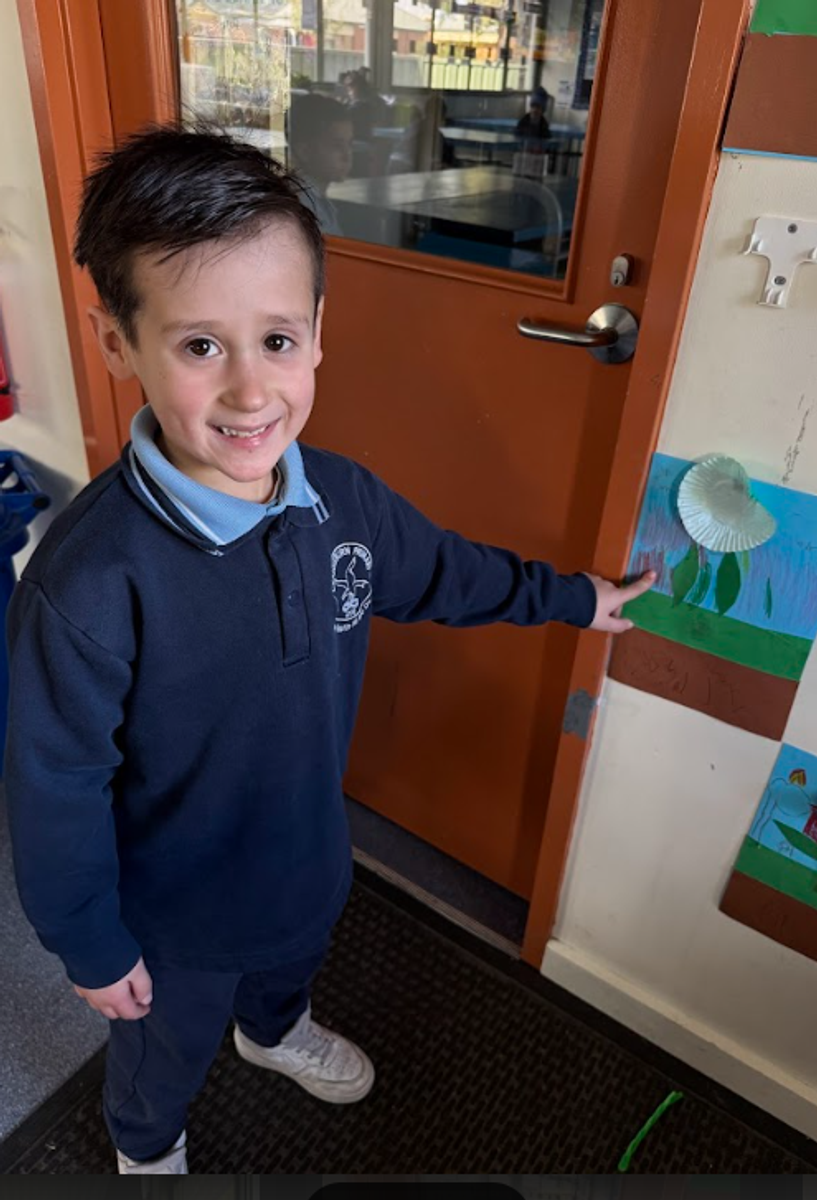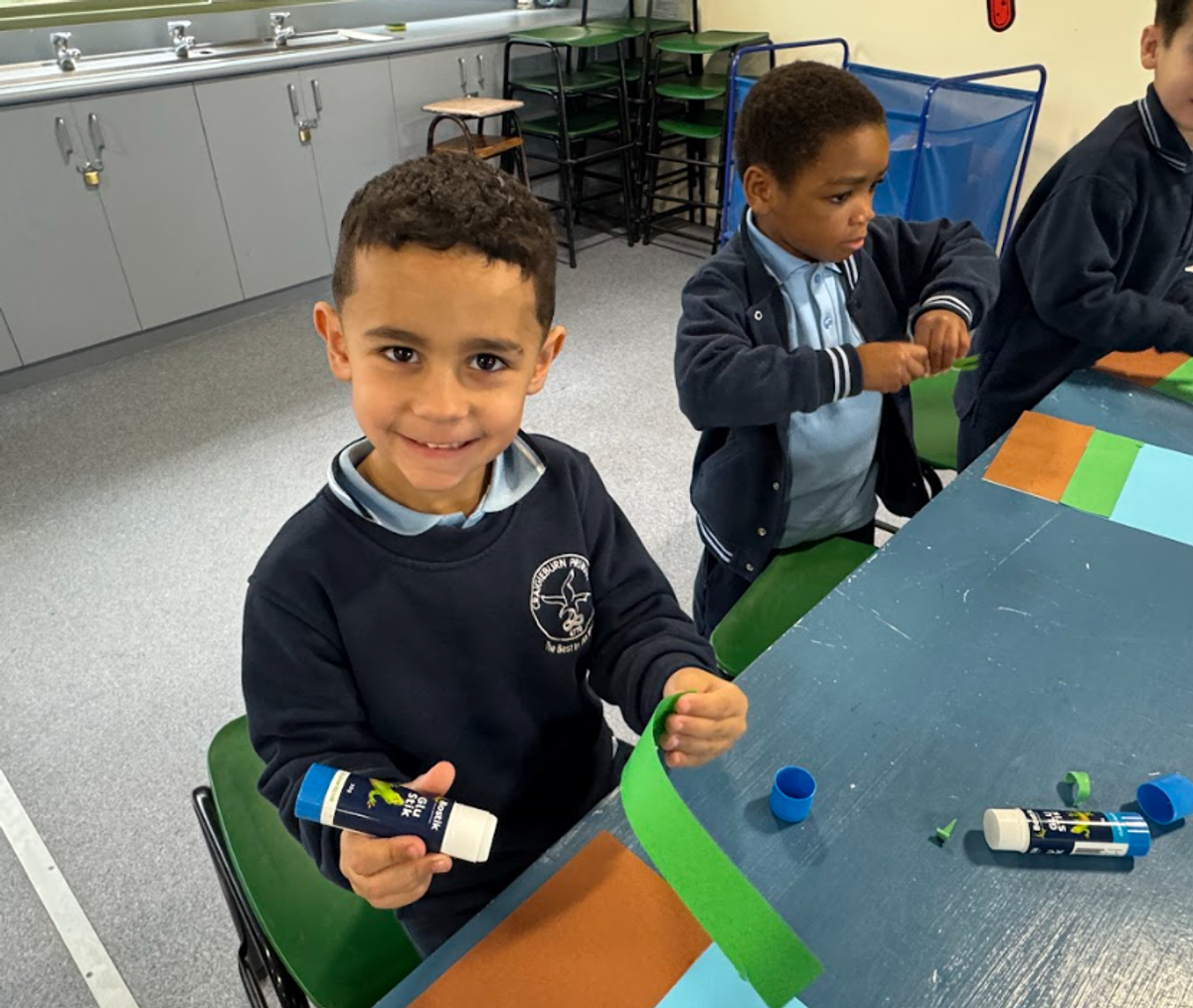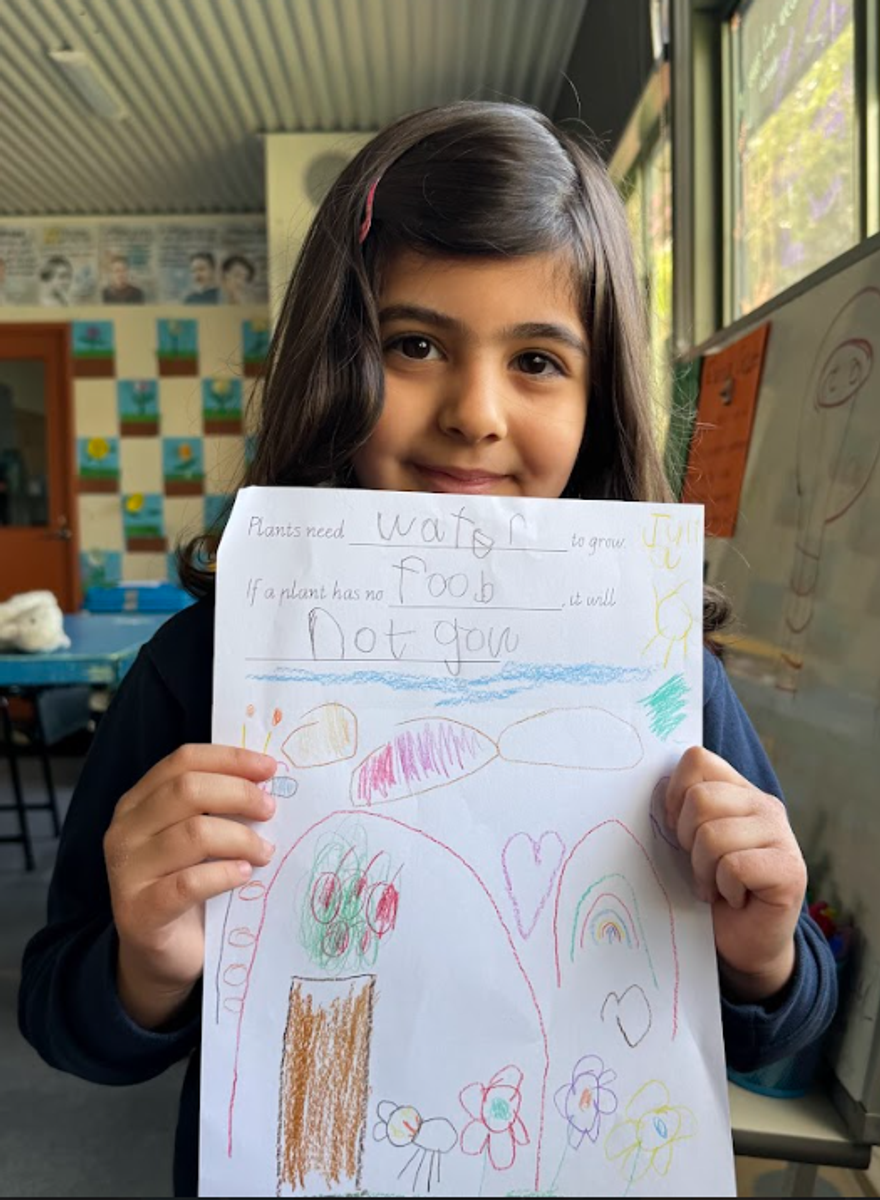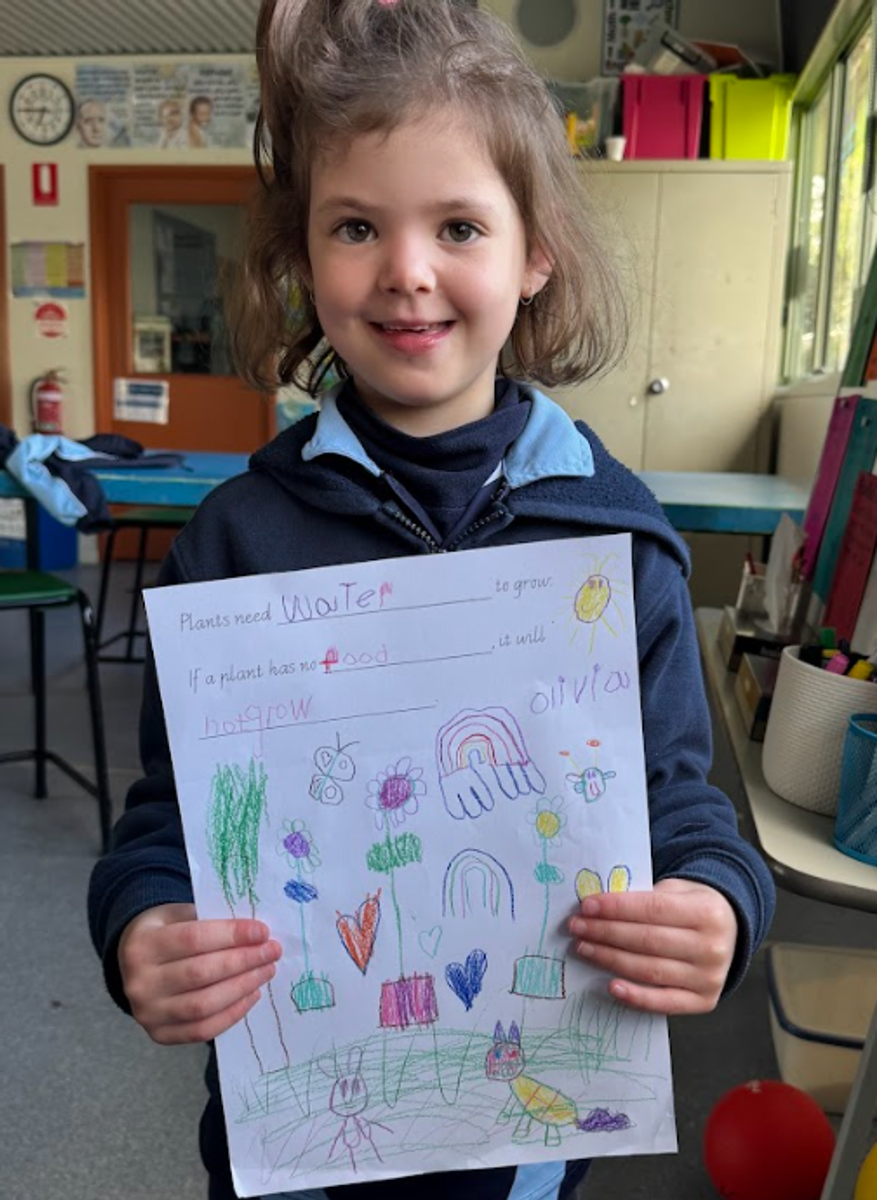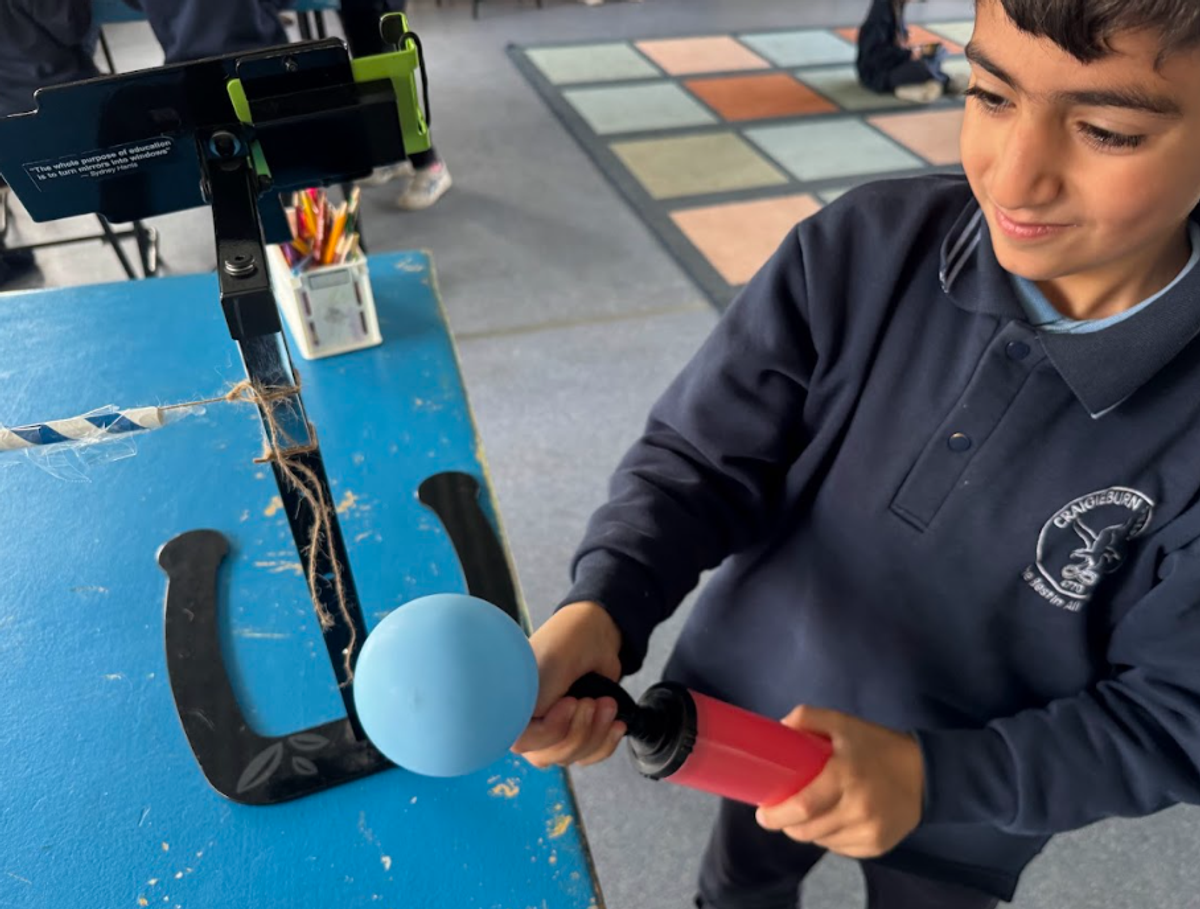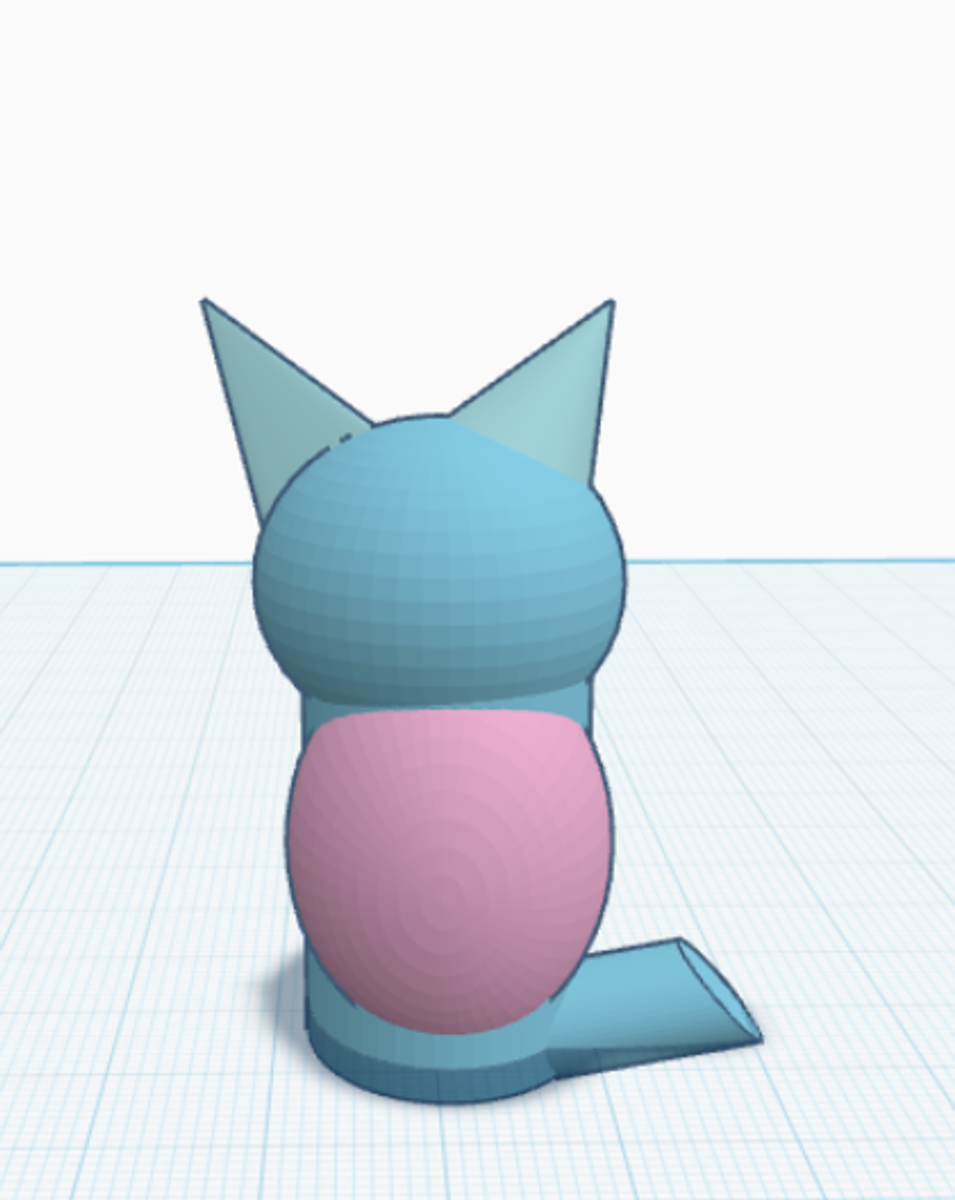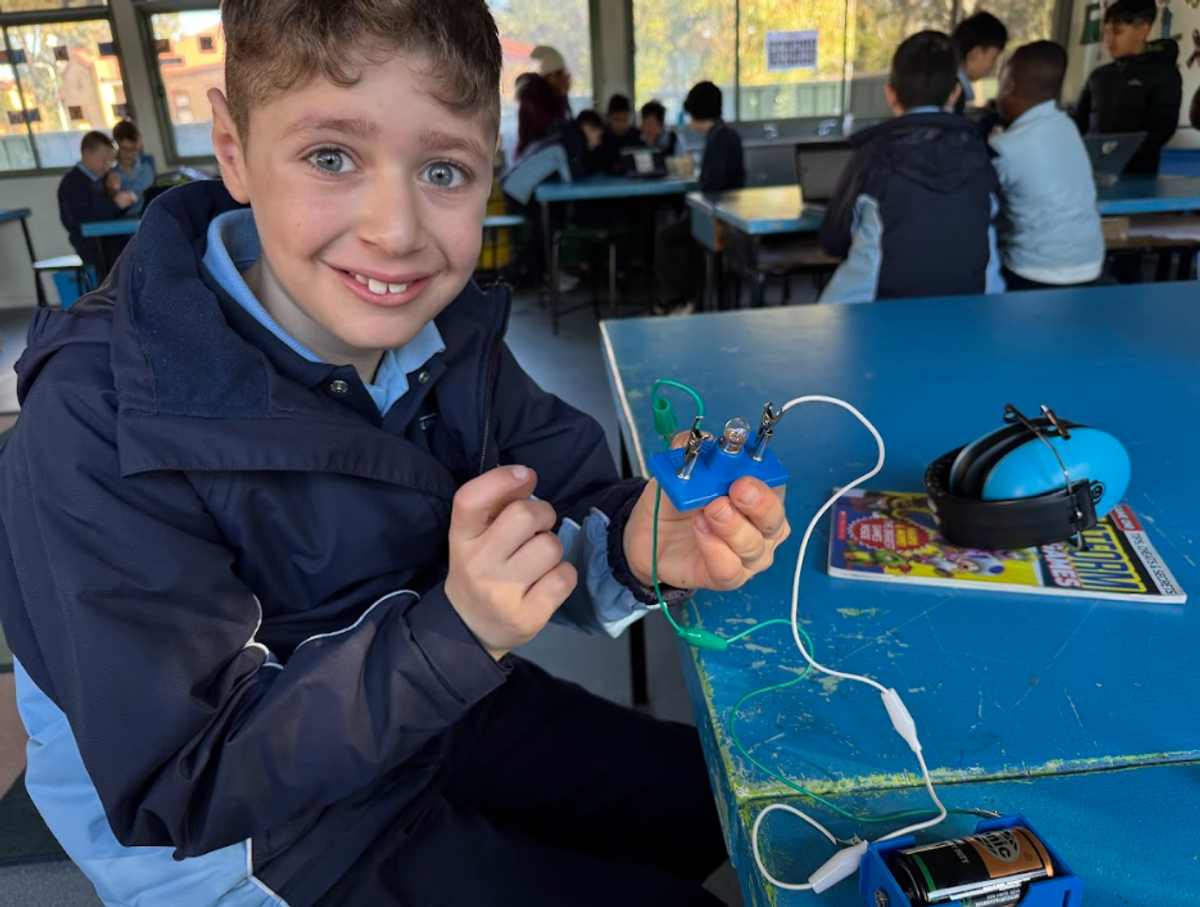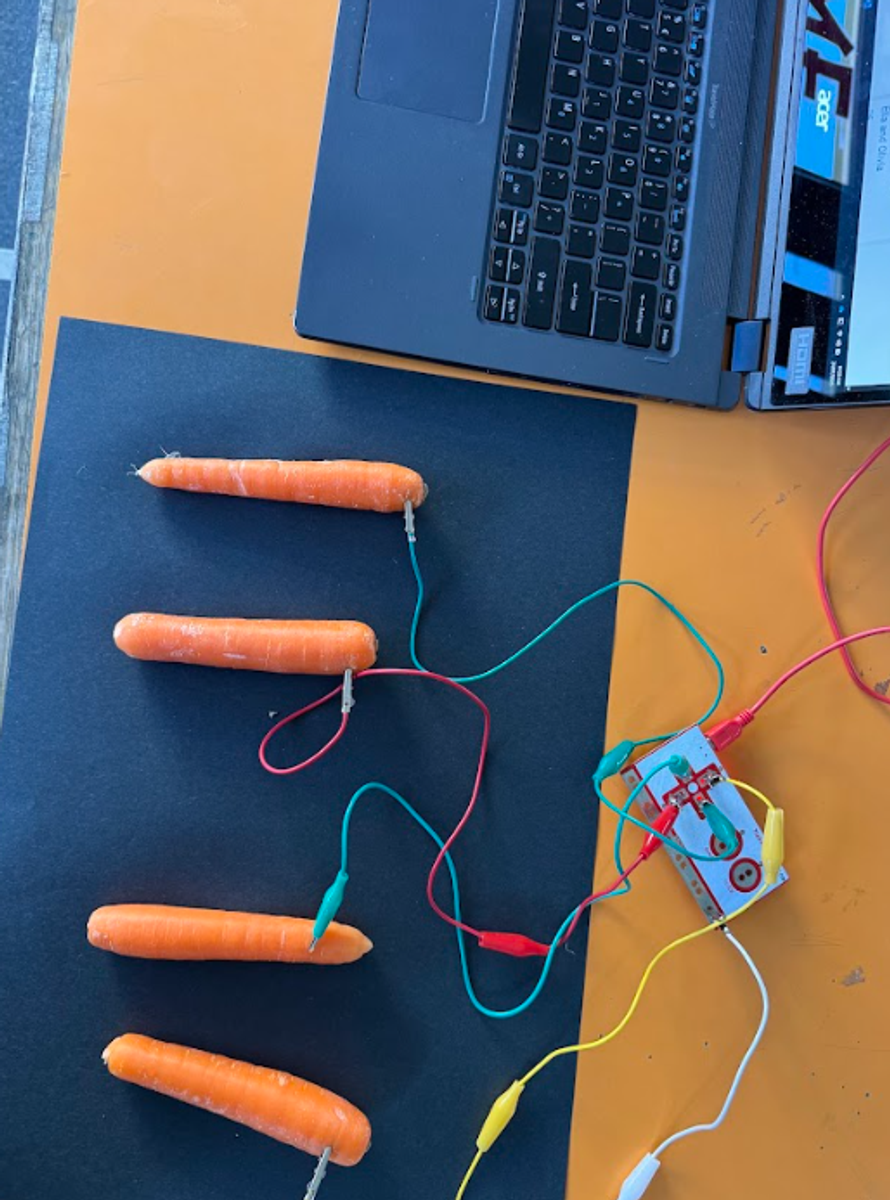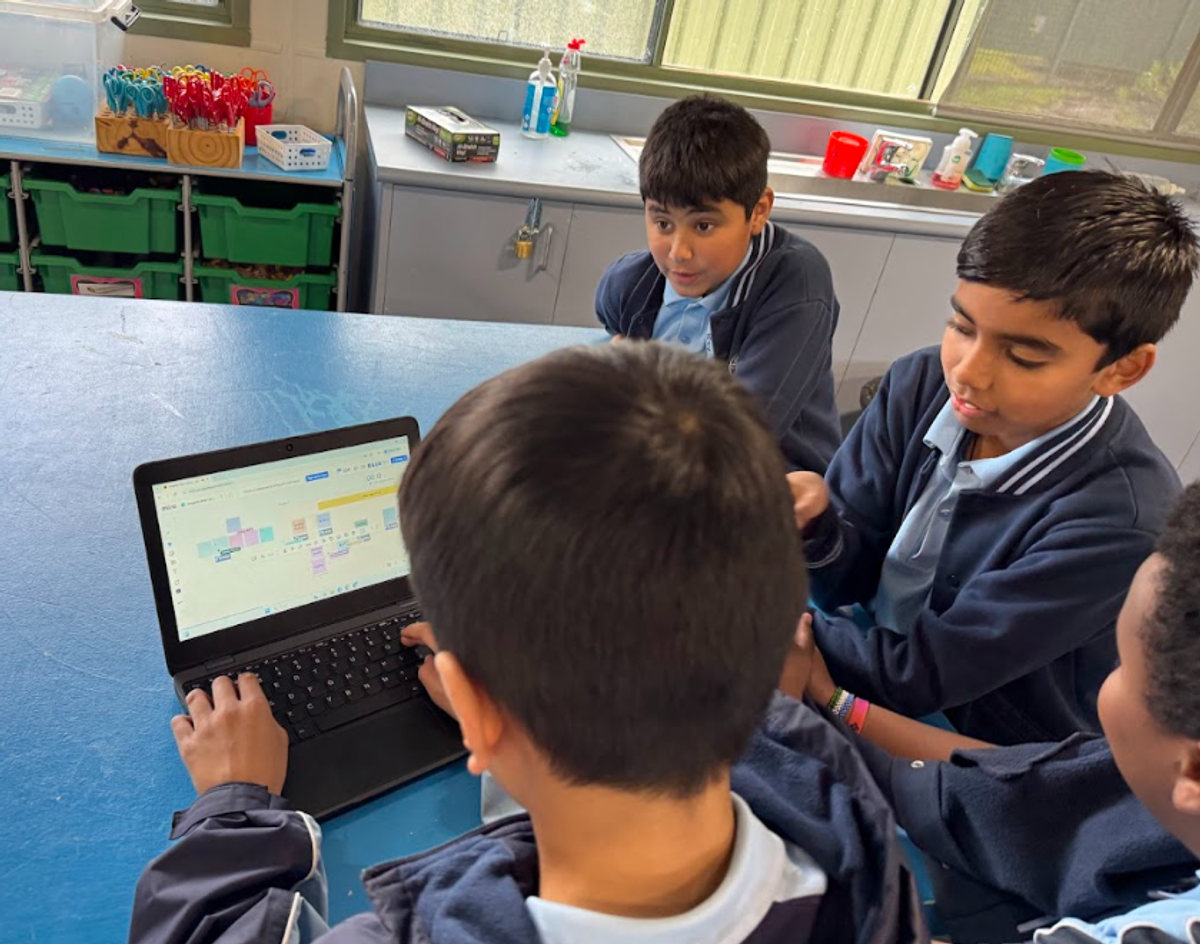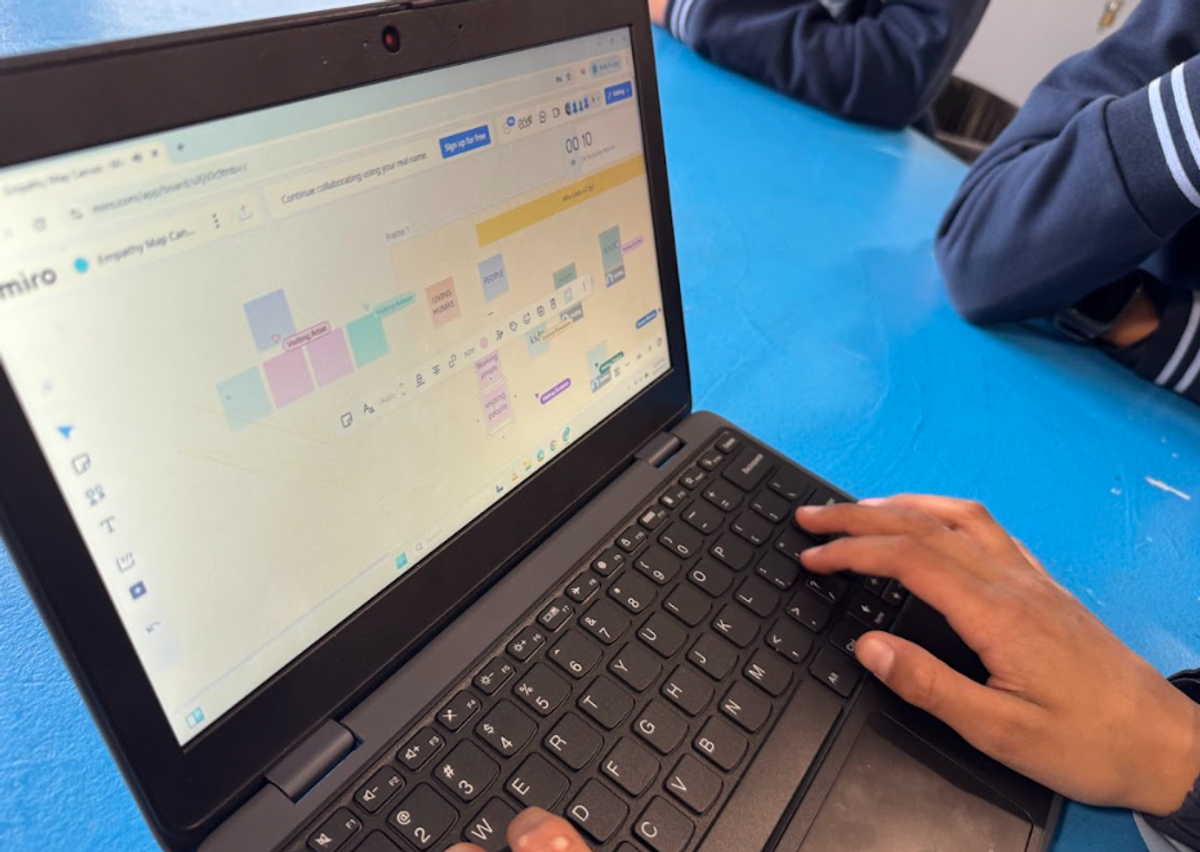Science Technology Engineering and Maths

STEM
Foundation
The Foundation cohort began their exploration into biological sciences with a focus on the basic parts of a plant and their functions. Students engaged in identifying roots, stems, leaves, and flowers, and discussed the role each part plays in helping a plant survive. Through class conversations, students shared their existing knowledge about what plants need to grow, including sunlight, water, and soil, setting the foundation for future investigation and care of their own seeds in the coming weeks.
Year 1
Year 1 students began their science inquiry into animals and environmental threats. The cohort investigated different types of animals and considered what conditions can place these animals in danger, including pollution, habitat loss and human activity. Students identified animals from a range of habitats and began forming connections between the environments they live in and the factors that support or endanger their survival. This thinking will guide their learning as they consider how humans can help protect vulnerable species.
Year 2
The Year 2 cohort commenced their unit in physical sciences by exploring how forces can affect the movement of objects. Students examined everyday classroom materials and sorted them based on whether they are moved by a push, a pull or both. This early work is helping students build the vocabulary and observational skills needed to design their own push-and-pull devices later in the unit.
Year 3
Inspired by the book Strictly No Elephants, Year 3 students started a design challenge centred on inclusion and belonging. Using the story’s themes as a starting point, students reflected on what it means to create a welcoming space for all and began designing inclusive environments for their classroom desk pets. The cohort was introduced to TinkerCAD, a 3D modelling tool, where they began drafting the first ideas for their desk pet parks. This work is laying the foundation for understanding space, structure and user needs within a design setting.
Photo: Isabelle and Darcy from 3A are working on creating a desk pet by combining different shapes to make their cat.
Year 4
Year 4 students began their digital systems unit by investigating how Makey Makey boards can be used to control a computer using everyday conductive materials. The cohort explored the difference between open and closed circuits and tested various classroom items to identify which could complete a circuit. Students learned that the word “circuit” comes from the Latin root meaning “around,” and used this insight to visualise how electricity travels in loops. This foundational knowledge was recorded in STEM journals as students prepare to use Makey Makey boards for their own interactive projects in the following lessons.
Year 5
The Year 5 cohort began their Future Cities unit by examining the elements that contribute to a liveable and sustainable city. Students considered the different users of a city including children, the elderly, people with disabilities, and animals and identified features that would meet the needs of these groups. To support their planning, students were introduced to a new digital platform called Miro, where they created collaborative mind maps to document and organise their initial thinking. This early phase is supporting students to empathise with city residents and begin to define design goals for their future urban plans.
Year 6
Year 6 students launched their Minecraft Grand Designs unit, which challenges them to create functional and appealing homes using a strict budget in Minecraft Education. This week, students explored key housing features, distinguishing between luxury and essential items and began considering how to balance design with financial constraints. Students reflected on the purpose of housing and how different design choices serve user needs. This thinking will inform their planning and budgeting decisions as they prepare to start virtual construction in the coming weeks.
STEM Announcement
Recently, Onel from 6D submitted his own original video game to ACER's Australian STEM Video Game Challenge.
Today, we are thrilled to announce that Onel has successfully made it through to Round Two of the competition! His impressive game, which creatively follows the theme of Journey, was developed using a combination of block coding and JavaScript.
This achievement is a testament to Onel’s creativity, technical skills and dedication. Congratulations and best of luck in the next round!
